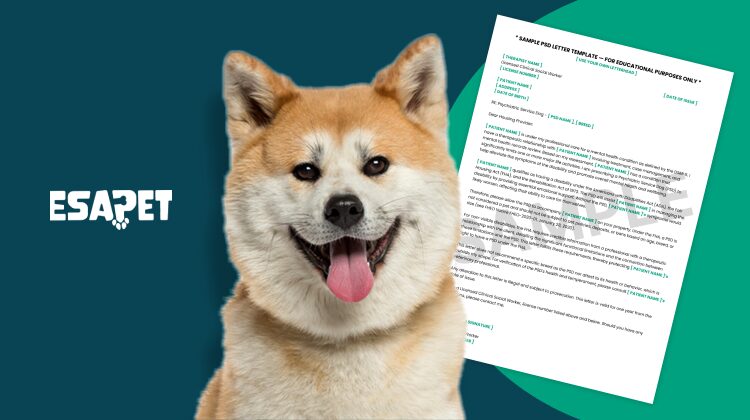Service Animals
ESAs vs Service Animals: Everything About Assistance Animals in 2026
If you’ve ever wondered about the difference between an emotional support animal (ESA) and a service animal, you’re not alone. These two types of support animals often get confused, but they serve very different purposes and come with very different legal rights. In this guide, you’ll learn exactly what makes an ESA different from a…
Read More10 Home Remedies for Arthritis: Reduce Joint Pain Naturally
Dealing with the daily grind of joint pain and stiffness from arthritis is a relentless challenge you know all too well. You may believe pills and topical creams offer the only answers for your chronic pain relief, but a truly effective holistic treatments for rheumatoid arthritis approach covers more than just the physical symptoms. It…
Read MorePTSD Service Dog: What You Must Know
Imagine the daily life of someone battling PTSD made more manageable by a four-legged hero. PTSD service dogs are not ordinary pets. They are specially trained to offer not only companionship but also a sense of security and independence to their handlers. PTSD service dogs can detect and reduce anxiety attacks, providing essential support. Their…
Read MoreService Dog for Depression: Everything You Need to Know (2026 Guide)
Living with depression can be an overwhelming experience. Having a service dog by your side can make a significant difference. A service dog for depression is specially trained to assist individuals with depression. Service dogs provide both practical help and emotional support. They are not just pets. They are highly skilled companions trained to meet…
Read MoreBeagle Service Dog: Everything You Need to Know
Beagles are excellent service dogs. They have unique traits that make them great for assisting people with disabilities. Their exceptional sense of smell, loving nature, and adaptability set them apart. A Beagle service dog is trained to perform tasks like medical alert, psychiatric support, and mobility assistance. Beagles excel in medical alert tasks. They can…
Read MoreService Dog Letter Template: Components and Use Cases
Dogs are great furry friends who provide love and companionship. But did you know they can also be trained to assist a person with a disability? These specially trained dogs are service dogs. A service dog can be trained to help a blind person navigate safely. They can be trained to interrupt anxious or harmful…
Read More![ESAs vs Service Animals: Everything About Assistance Animals in [year] 1 Emotional support animal vs. service animal](https://esapet.com/wp-content/uploads/2024/07/Emotional-support-animal-vs.-service-animal.jpg)


![Service Dog for Depression: Everything You Need to Know ([year] Guide) 50 Service Dog for Depression](https://esapet.com/wp-content/uploads/2024/08/Service-Dog-for-Depression.jpg)

